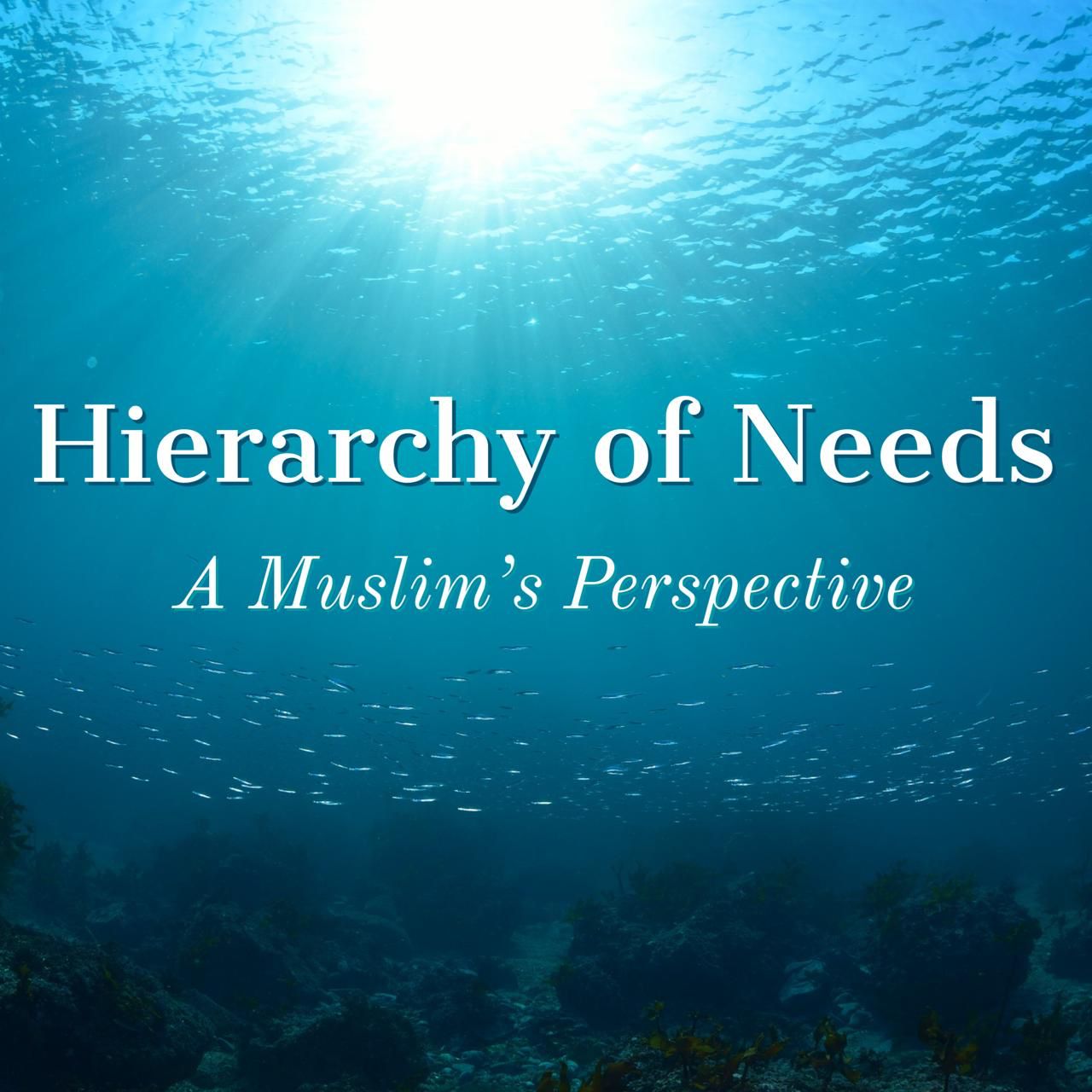
The story of Ibrahim holds a lesson,
One timeless and profound,
To abide by, in an age where
Obedience is barely found.
Why did Allah take him for a friend?
He was an epitome of submission.
What made him from the Ulul-‘Azm?
His sacrifice for the Only One.
Allah decided to test them,
Ibrahim and his wife.
Their trust in Allah’s decisions
And the strength of their belief.
He was ordered to leave behind,
In Makkah, a deserted valley,
His beloved son and wife.
As a test from the Almighty.
He had no hesitation,
Neither qualms nor unease.
For all that mattered was
That the Almighty was pleased.
Thus, he submitted to
The divine command.
With no living thing in sight
He left them in barren land.
And as he turned his back to them,
A supplication vocalized,
He implored Allah to gather,
Believers to inhabit this place.
He asked Allah to shower
The blessings of food and water,
For in this desert, they needed
Nothing short of a miracle.
When Ibrahim made this du’a,
He prayed for worldly sustenance.
But only to establish salah,
In a place deserted once.
Yet, the pyramid of human needs,
The way that Maslow[1] taught,
Says food and drink come first,
Safety next and spirituality last.
Maslow taught the world,
Religion can be compromised,
But the du’a of Ibrahim,
Teaches us otherwise.
Surely for a Muslim,
Worship can’t be dismissed.
It is in fact the reason
We are made to exist.
O reader! We must contemplate
The state of our iman
How firm is our reliance
In Allah, the Lord of Ibrahim.
[1] Abraham Maslow, an American psychologist, who is know for ‘Maslow’s hierarchy of needs’
Written by: Hafsa Sheikh
Edited by: The Editorial Team
© The Islamic Reflections Blog




